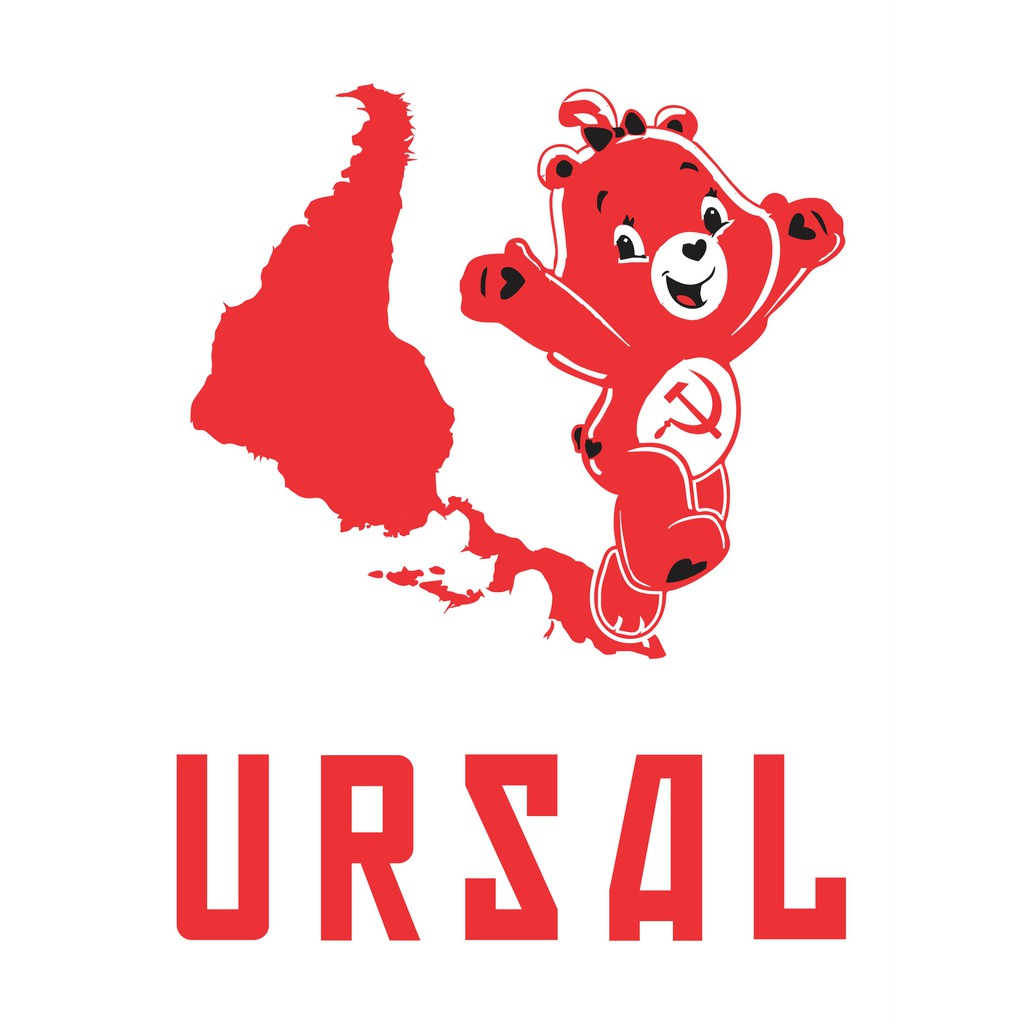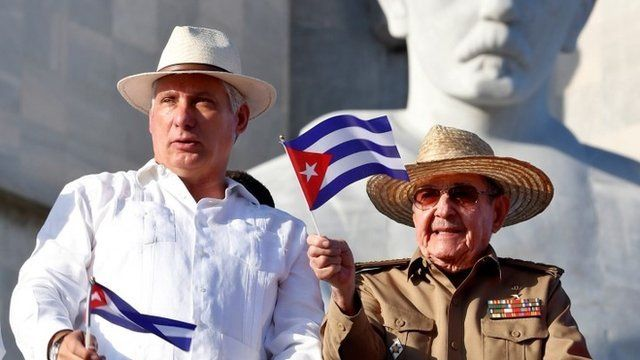For a small farmer in Rio de Janeiro state, a private port catering to the fossil fuel industry has brought a decade-long struggle to remain on the land.
For several years, residents and small farmers in the Port of Açu region in northern Rio de Janeiro have been resisting the forced expropriation of their land. The small farmers note that only 10 percent of the land taken for the construction of the Port of Açu Industrial Complex is currently in use. They are also fighting for the company behind the port, Prumo Logística, to allow artisanal fishers to regain access to the Caruaru Reserve, which, due to the port’s expansion, ended up inside the Industrial Complex.
The Port of Açu was conceived in 2007 by EBX Group, an infrastructure conglomerate owned by businessman Eike Batista. During the company's financial crisis in 2013, EBX sold the project to the U.S.-based investment firm EIG Global Energy Partners. EIG controls the Brazilian holding company Prumo Logística, which now manages the Port of Açu. The port is strategically located for the oil and gas industry, as it is close to the Campos and Espírito Santo basins, both of which are sites of extensive offshore production.
According to the Port of Açu’s website, 30 percent of the country's oil exports pass through the port, which is also hosts the world's largest offshore support hub—with companies such as BP Marine, Vibra Energia, and Vast Infraestrutura operating servicing contracts with Shell, Total Energies, Petrobras, Equinor, and other companies. The port is also home to two combined-cycle thermoelectric power plants, GNA I and II, owned by Gas Natural Açu, and the private iron-ore mining terminal that serves the multinational company Anglo-American, the world’s largest producer of platinum.
Dona Noêmia Magalhães is a rural producer and representative of small farmers in the fifth district of São João da Barra in Rio de Janeiro and an active participant in the resistance against the port. She has recently received the Tiradentes Medal award, the highest honor given out by the state Legislative Assembly to those who serve the common good. In this interview, she discusses the port’s impacts on the community and her struggle to remain on the land and produce food, despite having suffered threats against her life as a result of her organizing.
I spoke with Magalhães over Zoom on October 6, 2023. Our conversation has been lightly edited for length and clarity.

